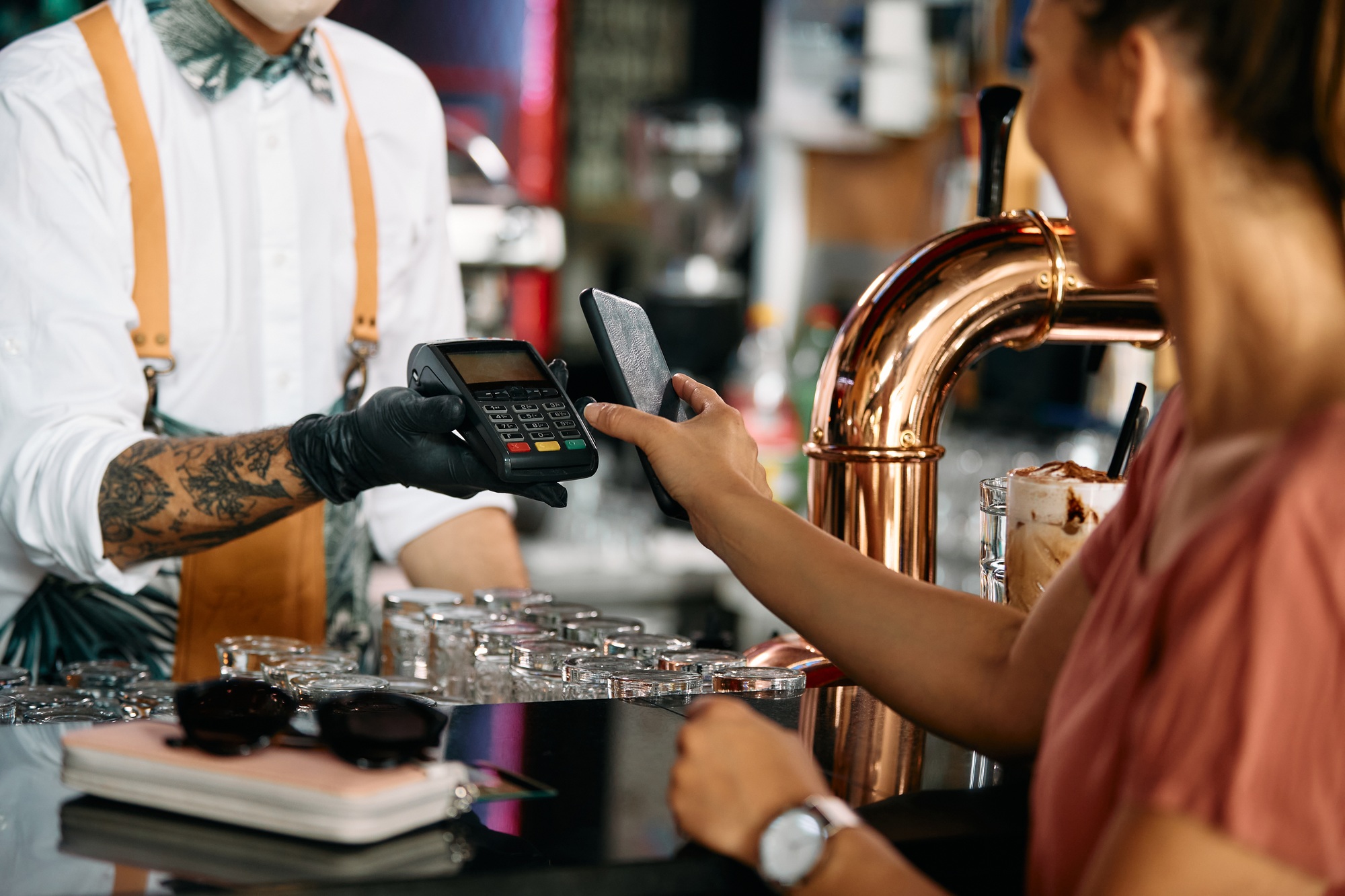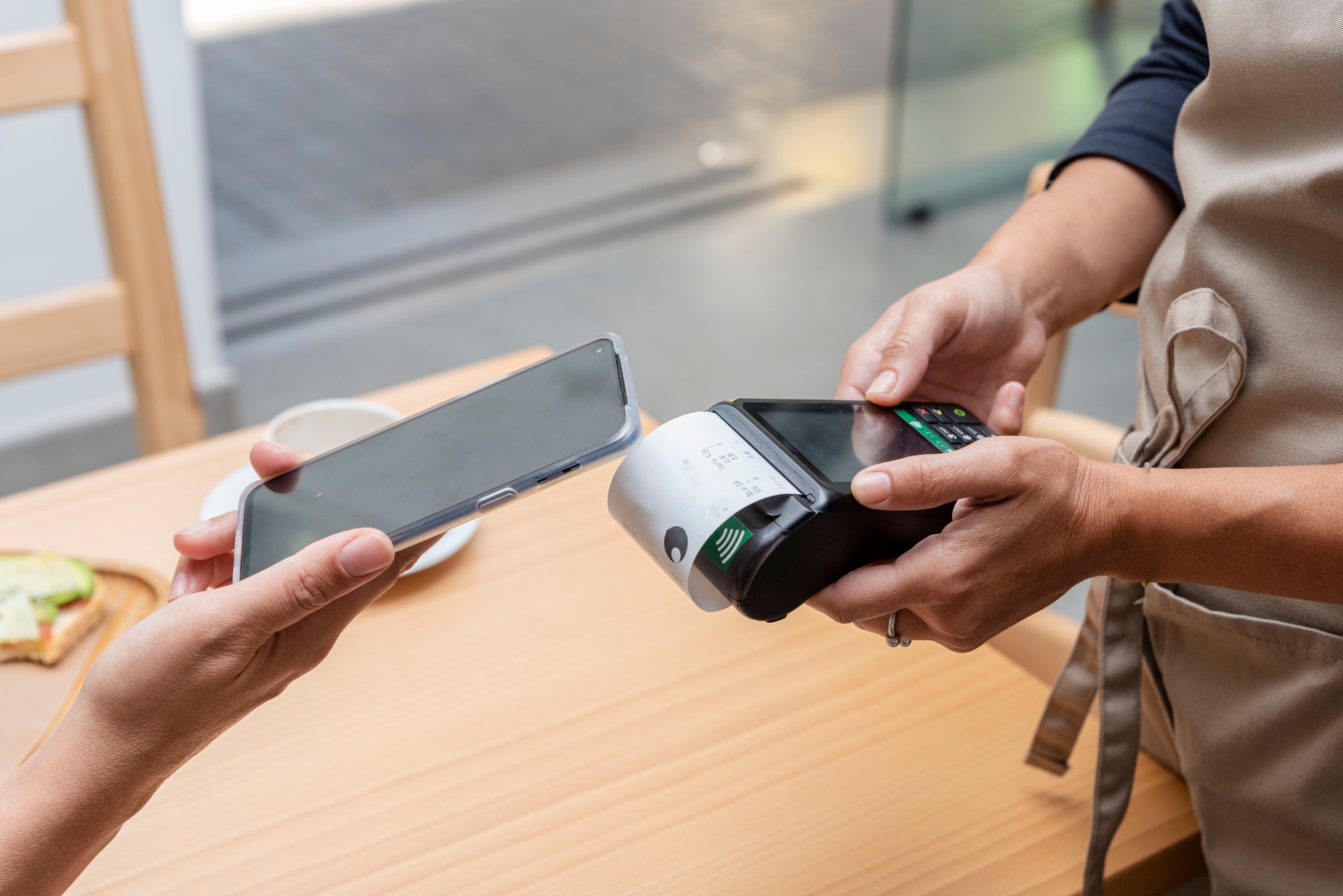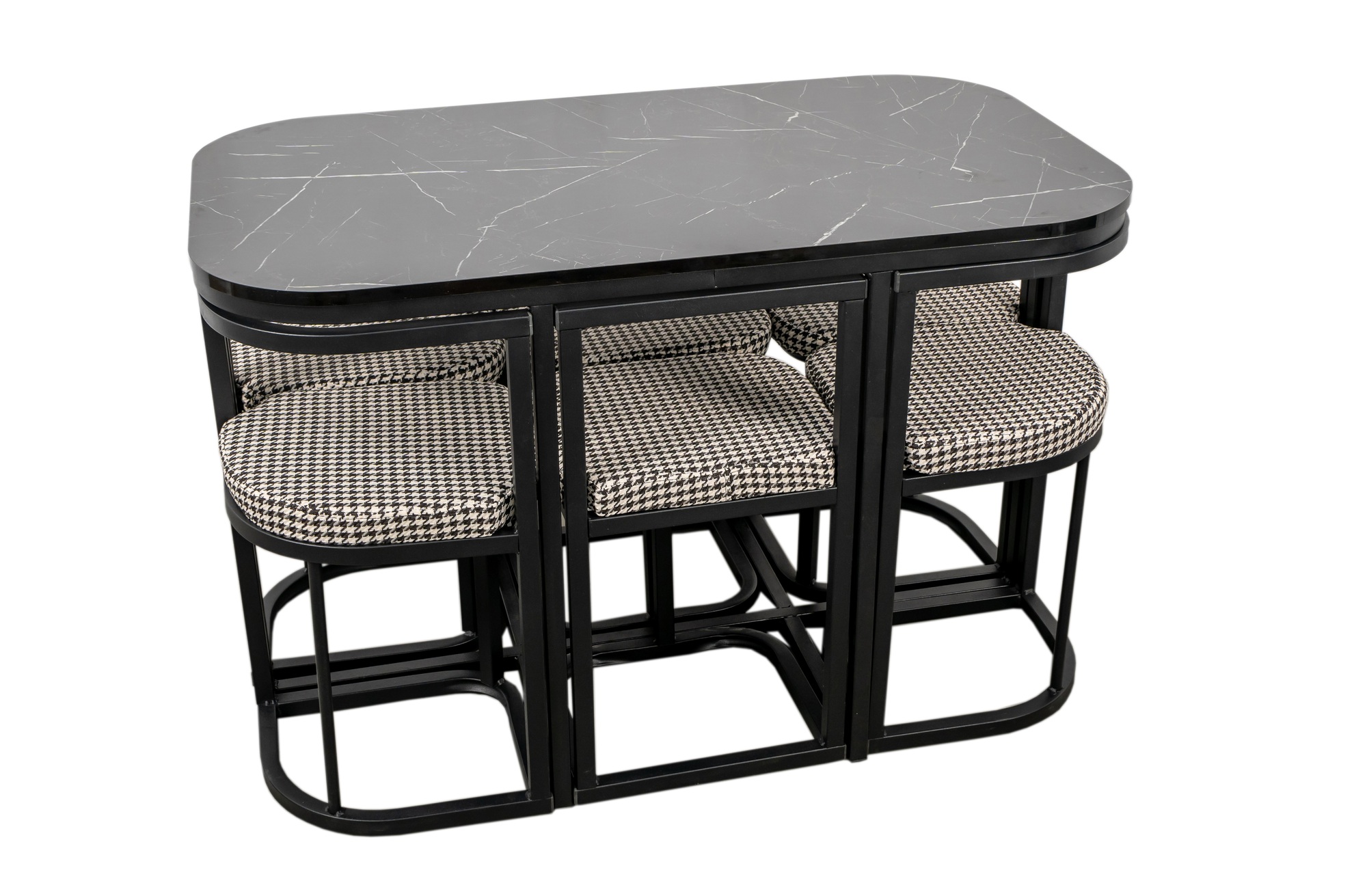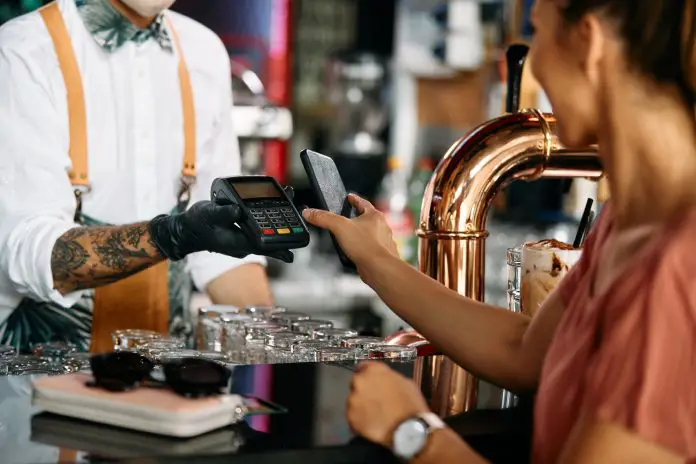Key Takeaways

- Understand the unique advantages of starting a mobile bar business, including low overhead costs and flexibility in service locations.
- Develop a comprehensive business plan that covers essential components such as market analysis, marketing strategy, and financial projections.
- Gain insight into legal considerations, including necessary licenses and insurance requirements for operating a mobile bar.
- Invest in the right equipment and supplies, such as portable bar units and refrigeration, to ensure efficient operations.
- Implement effective inventory management practices to track supplies, set par levels, and optimize offerings based on sales patterns.
- Stay attuned to market trends and customer preferences to create a memorable and engaging experience for clients.
Starting a mobile bar business can be an exciting venture that taps into the growing demand for unique event experiences. Whether you’re catering to weddings, corporate gatherings, or private parties, a well-thought-out business plan is crucial for your success. It not only helps you define your vision but also guides you through the challenges of launching and running your business.
In this article, you’ll discover key components to include in your mobile bar business plan. From market analysis to financial projections, each element plays a vital role in ensuring your bar stands out in a competitive market. Get ready to turn your passion for mixology into a thriving business that brings joy to celebrations everywhere.
Overview of Mobile Bar Business

Starting a mobile bar business offers a unique opportunity to meet the growing demand for creative event experiences. This business model allows for flexibility in service locations and formats, making it appealing for various occasions.
What Is a Mobile Bar Business?
A mobile bar business provides beverage services at events, parties, and gatherings. Often set up in custom vehicles or portable setups, mobile bars can range from basic drink dispensing to full-service cocktail experiences. You can tailor your offerings to include craft cocktails, beer, wine, and non-alcoholic options, creating a memorable experience for guests while capitalizing on your mixology skills.
Benefits of Starting a Mobile Bar
Starting a mobile bar presents numerous advantages:
- Low Overhead Costs: Compared to brick-and-mortar establishments, a mobile bar requires less investment in real estate and utilities.
- Flexibility in Location: You can operate at various venues, including weddings, corporate events, and festivals, allowing you to reach a broader customer base.
- Creative Opportunities: You have the freedom to design a distinctive menu that reflects your style and engages your audience.
- Growing Market Demand: The event industry continues to expand, making it a prime time to start a business focused on unique, enjoyable experiences.
- Easier Marketing: You can leverage social media and local event promotions to attract clientele while showcasing your offerings.
With these benefits in mind, developing a comprehensive business plan becomes essential to navigating your mobile bar’s potential, ensuring sustainable growth in a vibrant market.
Components of a Mobile Bar Business Plan

Creating a mobile bar business plan involves several crucial components that shape your path to success.
Executive Summary
The executive summary offers a brief overview of your mobile bar, including its name, location, and founding date. Highlight the market opportunity by providing insights into market size, growth potential, and emerging trends. Include a description of the products and services you plan to offer, emphasizing unique selling points (USPs) and differentiators that set your mobile bar apart from the competition.
Market Analysis
Conduct a thorough market analysis to understand your industry, target market, and competitors. Define your ideal customer by explaining their preferences and interests. Identify recent trends that drive demand for mobile bars, such as the rise of experiential events and personalized service offerings. Analyze your competition, their strengths, and weaknesses to uncover growth opportunities that your mobile bar can exploit.
Marketing Strategy
Develop a comprehensive marketing strategy that addresses how you’ll promote your mobile bar. Identify both online and offline channels, such as social media platforms, local events, and community partnerships, to reach your ideal customers. Create engaging content that showcases your services and builds a strong brand narrative. Utilize promotions and discounts to attract initial customers and encourage repeat business.
Financial Projections
Outline your financial projections, including startup costs, operational expenses, and expected revenue. Detail figures to showcase how much capital you need to start your business and maintain operations in the initial months. Create a timeline for when you anticipate achieving profitability. Include various financial scenarios to illustrate potential outcomes, helping you make informed decisions as you move forward.
Legal Considerations

Understanding legal considerations is crucial when starting a mobile bar business. This section outlines key aspects like licensing, permits, and insurance to ensure your small business operates smoothly and legally.
Licensing and Permits
To run your mobile bar, obtaining the necessary liquor licenses is essential. For example, in California, you need to apply for a liquor license from the California Department of Alcoholic Beverage Control (ABC). The type of license required can differ based on your business model; you might need a portable bar license or another class of liquor license that varies from a traditional brick-and-mortar bar. Each state has distinct regulations, so researching local requirements is critical.
Additionally, you might require special permits for specific locations. Certain venues, like public parks or beaches, often impose extra restrictions or necessitate additional permits to serve alcohol. Ensuring compliance with these regulations keeps your business legally sound and helps avoid potential fines or shutdowns.
Insurance Requirements
Insurance is a vital component for protecting your mobile bar business. General liability insurance protects against claims of property damage or injuries that may occur at events. Liquor liability insurance is another important type, safeguarding your business from claims resulting from alcohol-related incidents.
Additionally, consider coverage for equipment and vehicle insurance, which protects your bar setup and transportation against theft or damage. Investing in adequate insurance helps mitigate risks, ensuring you can focus on delivering a great experience to your customers.
Equipment and Supplies

A successful mobile bar business requires the right equipment and supplies. This section focuses on necessary bar equipment and effective inventory management practices.
Necessary Bar Equipment
For your mobile bar, gathering essential equipment is critical. Here’s a list of what you’ll need:
- Portable Bar Unit or Bar Truck: This serves as the central hub of your operations. It provides a designated space for mixing and serving drinks, making it crucial for efficiency at events.
- Refrigeration Units: These keep perishable items and drinks chilled. A reliable refrigeration system ensures freshness, particularly for cocktails and mixers.
- Sinks and Water Supply: Access to running water is vital for cleanliness and sanitation. Installing a sink ensures compliance with health regulations while allowing for a quick cleanup between orders.
- Glassware and Serving Utensils: Stock a variety of glassware, such as cocktail glasses and beer cups. Serving utensils like shakers, jiggers, and strainers enhance your service capabilities.
- Ice Bins: Keep ice readily available in insulated bins to maintain drink temperatures and make serving faster.
- Portable Generators: Power your equipment at remote locations where electrical access might be limited, ensuring your mobile bar operates smoothly.
Inventory Management
Effective inventory management helps you monitor your bar stock and reduce waste. Implement these strategies:
- Track Supplies: Maintain an inventory list that includes all beverages, mixers, garnishes, and supplies. Regularly update this list to prevent shortages.
- Set Par Levels: Establish minimum stock levels for each item. Ordering before reaching these levels helps avoid running out of popular drinks.
- Rotate Stock: Use older items first to minimize spoilage. This practice ensures freshness while keeping costs down.
- Monitor Sales Patterns: Analyze which drinks sell best at different events. Adjust inventory based on these insights to optimize your offerings.
Managing both equipment and inventory efficiently supports your small business goals and leads to successful operations in the mobile bar industry.
Conclusion

Starting a mobile bar business can be an exciting and rewarding venture. With the right business plan in place you can navigate the challenges of this competitive market and seize the growing demand for unique event experiences. By focusing on essential components like market analysis financial projections and legal requirements you’ll set yourself up for success.
Embrace the flexibility and creativity this business model offers. Tailor your services to meet the needs of various events and make the most of social media to promote your brand. With dedication and strategic planning your mobile bar can become a sought-after addition to celebrations and gatherings. Now’s the time to turn your passion for mixology into a thriving business.
Frequently Asked Questions

What is a mobile bar business?
A mobile bar business provides beverage services at various events, offering flexibility in service locations and formats. It can range from basic drink dispensing to full-service cocktail experiences, allowing entrepreneurs to cater to diverse occasions.
What are the benefits of starting a mobile bar?
Starting a mobile bar has several advantages, including low overhead costs, location flexibility, creative menu opportunities, growing market demand, and effective marketing potential through social media and local promotions.
How do I create a business plan for my mobile bar?
A business plan for a mobile bar should include an executive summary, market analysis, marketing strategy, and financial projections. This comprehensive approach helps define your business vision and navigate potential challenges.
What licenses do I need to start a mobile bar?
To start a mobile bar, you typically need liquor licenses and permits, which vary by state and location. It’s crucial to research local regulations to ensure compliance and avoid fines.
What essential equipment do I need for a mobile bar?
Key equipment for a mobile bar includes a portable bar unit, refrigeration units, sinks, glassware, ice bins, and portable generators. These items are vital for efficient operations during events.
How can I manage inventory for my mobile bar?
Effective inventory management involves tracking supplies, setting par levels, rotating stock, and monitoring sales patterns. This practice optimizes offerings, reduces waste, and supports business goals.
Is there a growing demand for mobile bars?
Yes, the demand for unique event experiences is increasing, making mobile bars a popular choice for various occasions. Entrepreneurs can tap into this growing market by offering tailored beverage services.
What insurance do I need for a mobile bar?
It’s advisable to have general liability and liquor liability insurance to protect against claims related to property damage or alcohol-related incidents. Equipment and vehicle insurance can also safeguard business assets.
Image Via Envato: partidomiguelangel, wirestock, renatahamuda, YuriArcursPeopleimages, xapdemolle, drazenphoto, monkeybusiness



